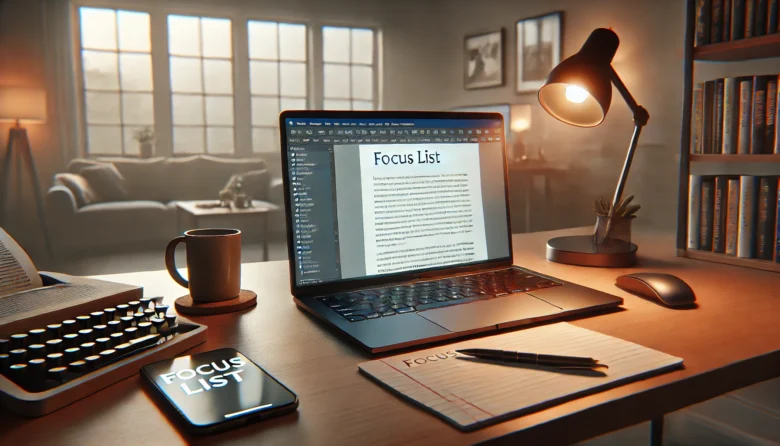Procrastination is one of the most common—and most frustrating—challenges freelance writers face. Without a boss or fixed schedule, it’s easy to push tasks aside, scroll through social media, or convince yourself you’ll “do it later.” The problem is, later often becomes never.
In this article, you’ll discover practical strategies to beat procrastination, stay focused, and build a writing routine that actually works.
Why Freelance Writers Struggle with Procrastination
Procrastination isn’t about laziness. It’s often about:
- Fear of failure or perfectionism
- Lack of structure
- Decision fatigue
- Task overwhelm
- Distractions everywhere
When you understand why you procrastinate, you can fix the real issue—not just the symptoms.
Step 1: Create a Clear, Simple Plan for Each Day
When your to-do list is vague or endless, procrastination kicks in fast.
Instead:
- Plan three main writing tasks per day
- Break big projects into smaller, specific actions
- e.g., “Write introduction for Client B’s article” instead of “Work on blog post”
- Use time blocks to give your tasks a home in your day
Clarity kills hesitation.
Step 2: Start With a 5-Minute Action
Often, the hardest part is just starting. So trick your brain into it.
Try this:
- Set a timer for 5 minutes
- Tell yourself you’ll just write a sentence or two
- Often, you’ll keep going beyond that first block
This is called the “5-minute rule”, and it helps you bypass mental resistance.
Step 3: Use the Two-Minute Rule for Tiny Tasks
For small tasks like sending an email, updating Trello, or backing up a file:
- If it takes less than 2 minutes, do it immediately
- Don’t let mini tasks pile up—they become mental clutter
This keeps your mind clear for focused writing.
Step 4: Design a Distraction-Free Environment
When your environment is full of triggers (notifications, clutter, noise), focus becomes a battle.
Do this:
- Turn off phone notifications or use airplane mode
- Close all unrelated browser tabs
- Use website blockers like Freedom, Cold Turkey, or Forest
- Clear your workspace at the end of each day
Make your space support your success.
Step 5: Set Meaningful Deadlines
Open-ended projects often lead to procrastination. Set real, specific deadlines for:
- Drafting
- Editing
- Delivery
- Follow-up
If you don’t have a client deadline, set one yourself. Better yet, tell a friend or accountability partner. Social pressure works wonders.
Step 6: Use a “Distraction Dump” List
Keep a notepad or document open next to you while writing. Every time a thought like “I should check my email” pops up, write it down instead of acting on it.
After your session, you can review and address those distractions—without breaking your focus.
Step 7: Reward Yourself
Freelancers often forget to celebrate small wins.
Use mini rewards:
- “Once I finish this section, I’ll grab coffee.”
- “After I deliver this project, I’ll take the rest of the afternoon off.”
Train your brain to associate writing with positive reinforcement, not dread.
Step 8: Identify Your Peak Focus Times
When during the day do you write best? Morning? Late afternoon?
Track your energy and output for a week and structure your hardest writing tasks during your peak times. Leave admin or light tasks for your low-energy periods.
Step 9: Limit Multitasking
Multitasking feels productive but actually destroys focus.
Batch tasks instead:
- Do all your writing in one block
- Then do all admin in another
- Then check emails at the end of a session
One mode at a time = faster, better output.
Step 10: Don’t Aim for Perfect—Aim for Done
Perfectionism is procrastination in disguise. Remind yourself:
- Rough drafts are supposed to be rough
- You can’t edit a blank page
- You get better by doing, not by overthinking
Set a timer, write, and edit later. Let go of “perfect.”
Final Thoughts: Procrastination Is a Habit—So Is Focus
The best part? Just like procrastination becomes a habit, so can focused work.
Start small. Use one or two of these strategies today. Over time, you’ll create a writing routine that feels natural, productive, and under control.
You don’t need to force discipline—you just need a system that works for you.



